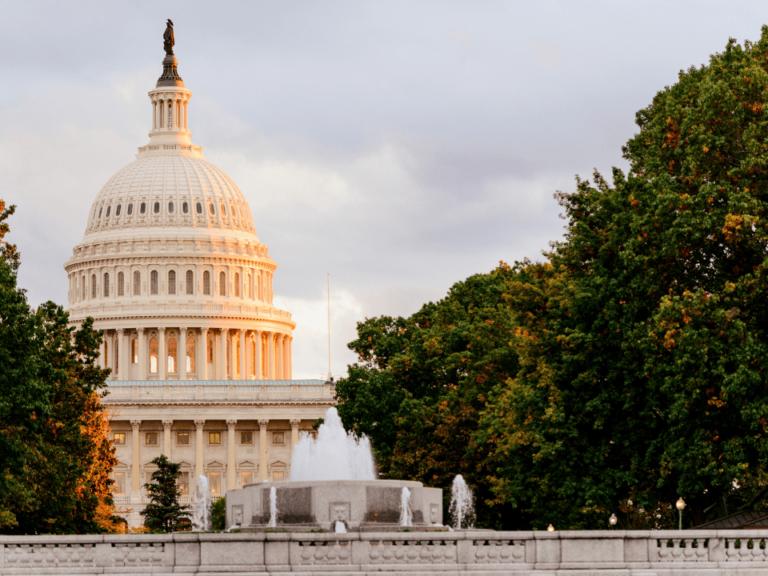Robert F. Kennedy Jr., an anti-vaccine activist whom Trump has chosen to run HHS, would have the capacity to roll back core public health protections, including protections for people with cancer, and dismantle research related to infectious diseases, public health experts warn.
To access this subscriber-only content please log in or subscribe.
If your institution has a site license, log in with IP-login or register for a sponsored account.*
*Not all site licenses are enrolled in sponsored accounts.
Login Subscribe
If your institution has a site license, log in with IP-login or register for a sponsored account.*
*Not all site licenses are enrolled in sponsored accounts.
Login Subscribe











